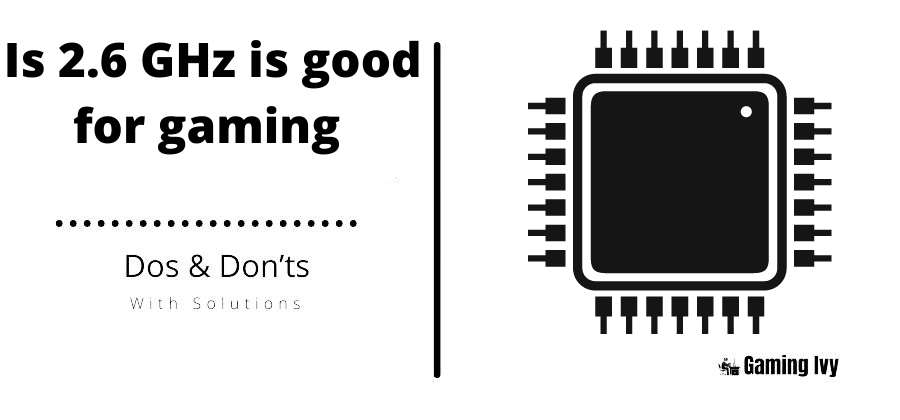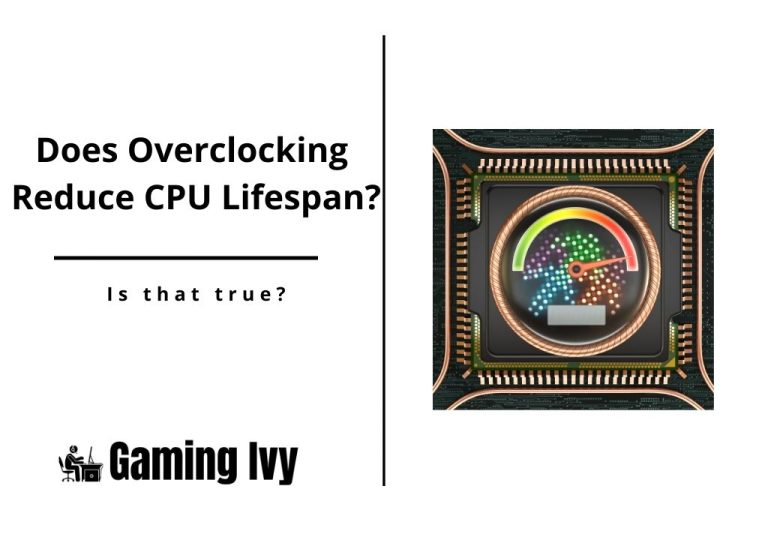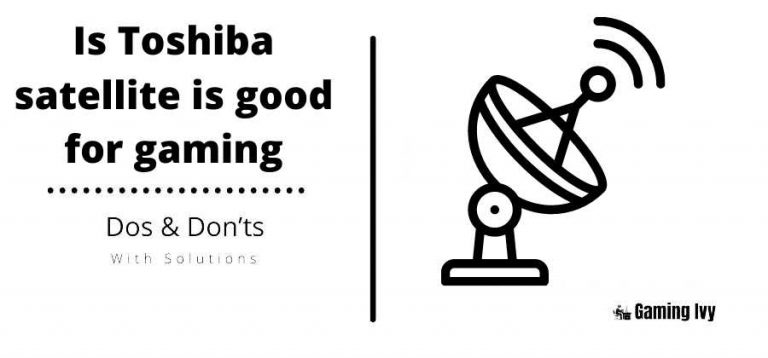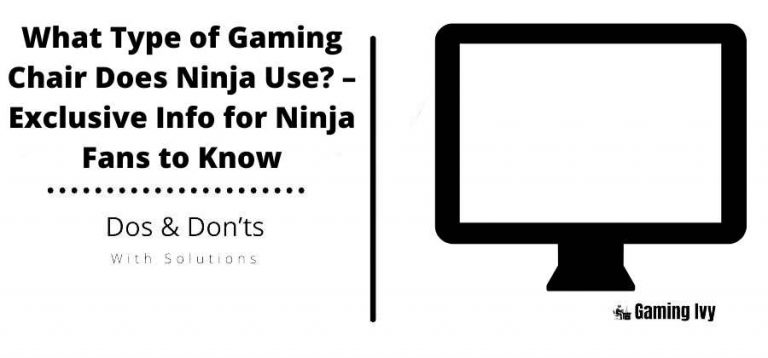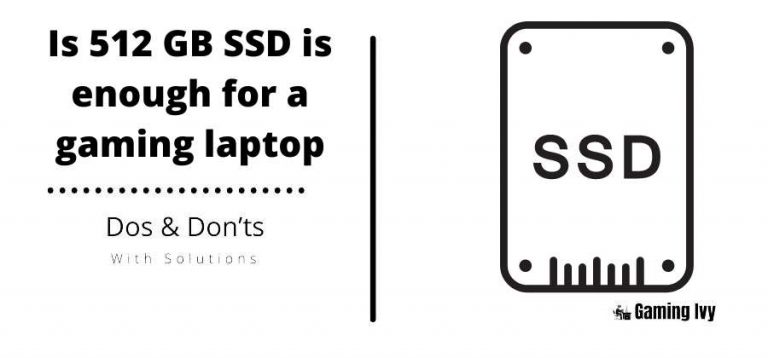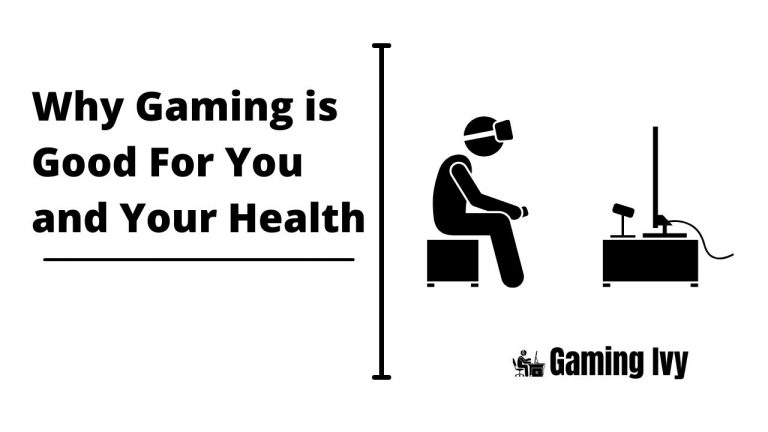Is 2.6 GHz is Good For Gaming
People use computers, laptops, and PC for different reasons. One of the primary and leading reasons is playing video games on these consoles. Gaming has become one of the most famous and earning sources. Is 2.6 GHz is good for gaming?
In simple words, the answer is Yes because hundreds of games play online need high speed and the fastest features for the best online gaming experience. In addition, the GHz strand for gigahertz measures the speed of a computer and determines the optimum performance of a system.
For heavy gamed, video editing, and programming, a range of 3-4 GHz is enough for gaming. Suitable gaming consoles need at least a 2.6 GHz processor for average gaming. It would be best to upgrade the existing GHz with a higher-speed GHz processor for heavy and high graphics games.
Four-core CPUs are in the last stages, and they don’t provide a comfortable gaming experience. Most users use 2-4 GHz for gaming, but engineers, video editors, and programmers use up to 6ghz for optimum performance.
Table of Contents
Average GHz of a Gaming Laptop
The frequency of a laptop’s processor ranges between 1.6 GHz to 4.4 GHz, but it is not essential for the average gamer. The most important thing is the number of processors inside the device. Multiple processors are available for gaming, known as various cores.
The total number of processors halves the number of seats, much closer to the real gigahertz.
According to our team’s research and online sources, the average inactive state is around 1.6 GHz in the market. The latest laptop models can quickly go up to 3.5 GHz for an excellent gaming experience.
Intel Core’s Gaming Laptop
The intel core’s gaming laptop processor has three different forms depending on performance. The Core i3, i5, i7, and x are the latest and fastest core processor in the market with the latest and fastest features.
The core i3 falls in the mid-range processor covering 2.3 GHz to 3.1 GHz. The second core, i5, covers the higher clock rate and ranges between 3.1 GHz and 3.5 GHz.
They are undoubtedly faster than the core i3, but they are much more expensive.
The fastest core in this category is core i5, which covers the highest clock rate between 3.4 GHz and 4.0 GHz with the highest performance.
So, after knowing about the whole processor, 2.6 GHz is good enough for gaming and other routine work.
Understanding Cores and Speed
The number of cores and speed of a gaming laptop have very supplicated relationships. Multiple Intel and AMD cores with dual processors are available in the marketplace for the best gaming experience.
Keep an introductory note in mind that if you run multiple programs or play different games simultaneously, you need a CPU with various cores-processor for optimum performance. Comparing the gaming rig with two 2.5 GHz against the mobile workstation with single 5 GHz chips is challenging.
Difference Between GHz and Memory Speed of a Gaming Laptop
GHz strand for gigahertz and known as the processor’s seed, whereas memory speed is a measurable amount of time that it takes from RAM as a request from the processor.
Hence, it read and writes the information in the form of megahertz.
Clock Speed
The clock speed of a gaming computer determines how faster the Central processing unit (CPU) can interpret the instruction from the processor. It also determines the response time of CPUs in the computer for excellent performance.
A clock speed between 3.5 GHz to 4.0 GHz is considered more than enough for a gaming computer for a single thread-good performance.
Read More:
- Best RAM for Ryzen 5 5600X
- Best Ram for Intel i7 8700k
- How Much RAM Do I Need in My Laptop?
- What Does the RAM Do In Gaming?
Conclusion
The answer is that 2.6 GHz is good for gaming is definitely yes. But it is only suitable for mild and average games. For heavy and standard games, you need more GHz with better cores for optimum performance.
Thanks.
A gaming laptop with 1.8 GHz is good enough for decent performance. But it is not able to run heavy games. The 1.8 GHz processor runs average games for kids, beginners, and classic games. A side-by-side comparison of the 3 GHz, 5 GHz, and 1.8 GHz shows that 1.8 GHz is not fast.
1.6 GHz is suitable for mild games, routine work, and other Microsoft office tasks. Hence, increasing the number of cores for every low GHz processor results in optimum performance. The slowing of gaming consoles tackles quickly with an increasing number of seats.
In the latest processors, the number of cores is more important for the optimum performance of CPUs than speed. You can run standard and heavy games with a low GHz processor with more cores inside the devices.
You can easily find a lot of laptops within a reasonable price and performance having 2.6 GHz processor on the market side. The remarkable feature of 2.6 GHz has a very outstanding speed. A 2.6 GHz processor runs 2.6 billion commands in a second, an excellent rate for gaming and other works.
In addition, 2.6 GHz is just only better than 1.6 a 1.8 GHz regarding speed. But it is also slow and lacks heavy-loaded games. It is still not enough for serious games and other professional work. 2.6 GHz with many cores is the best solution for the best gaming experience if you want a gaming computer.
Yes, 3.6 GHz is the ultimate choice for the best gaming experience and maximum excellent performance. Furthermore, less need to increase the number of cores with 3.6 GHz. Hence, among all the gigahertz processors like 1.6 GHz, 1.8 GHz, 2.6 GHz, and 3.6 GHz, the best choice is 3.6 GHz.
In addition, for heavy and standard games with high-loaded graphics and the latest visuals. A 3.6 GHz processor is excellent for gamers, programmers, and other professional experts.
It performs remarkably and runs almost 3.6 billion commands within a second, making the 3.6 GHz ideal for computing and gaming solutions.
However, CPU-dependent games may need more power consumption for optimum performance.

